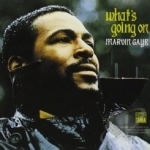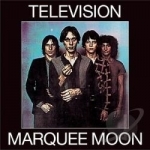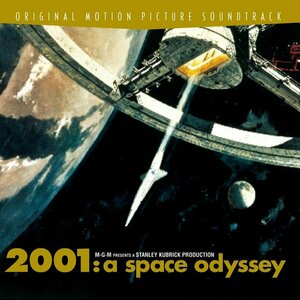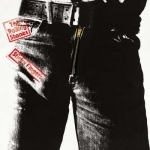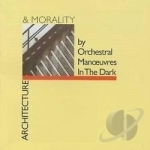Nicky Wire recommended What's Going On by Marvin Gaye in Music (curated)
Gaz Coombes recommended Marquee Moon by Television in Music (curated)
Karl Hyde recommended 2001: A Space Odyssey by Richard Strauss in Music (curated)
Mick Hucknall recommended Sticky Fingers by The Rolling Stones in Music (curated)
Neil Hannon recommended Architecture & Morality by Orchestral Manoeuvres In The Dark in Music (curated)
Games - Princess And Dream Pet, Makeup
Beauty, Entertainment and Games
App
The beautiful princess wants to make the magic pet and herself become more beautiful and needs your...

Stage Traxx Lite
Music and Utilities
App
Stage Traxx is a streamlined music player for the gigging musician. Don‘t fiddle with tiny user...

Lithuania Radio Live Player (Lietuva radijo)
Entertainment and Music
App
This Lithuania Radio Live app is the simplest and most comprehensive radio app which covers many...

Dress Your Tech: 35 Projects to Customize Your Phone, Laptop, Tablet, Camera, and More
Book
Nowadays, everyone has their tech - mobile phones, laptops, e-readers and tablets, as well as music...

M/S Proc - Mid/Side Level & EQ
Music
App
M/S Proc is a tool for M/S Processing that enables Mid/Side level adjustments and EQ. ***What is...
